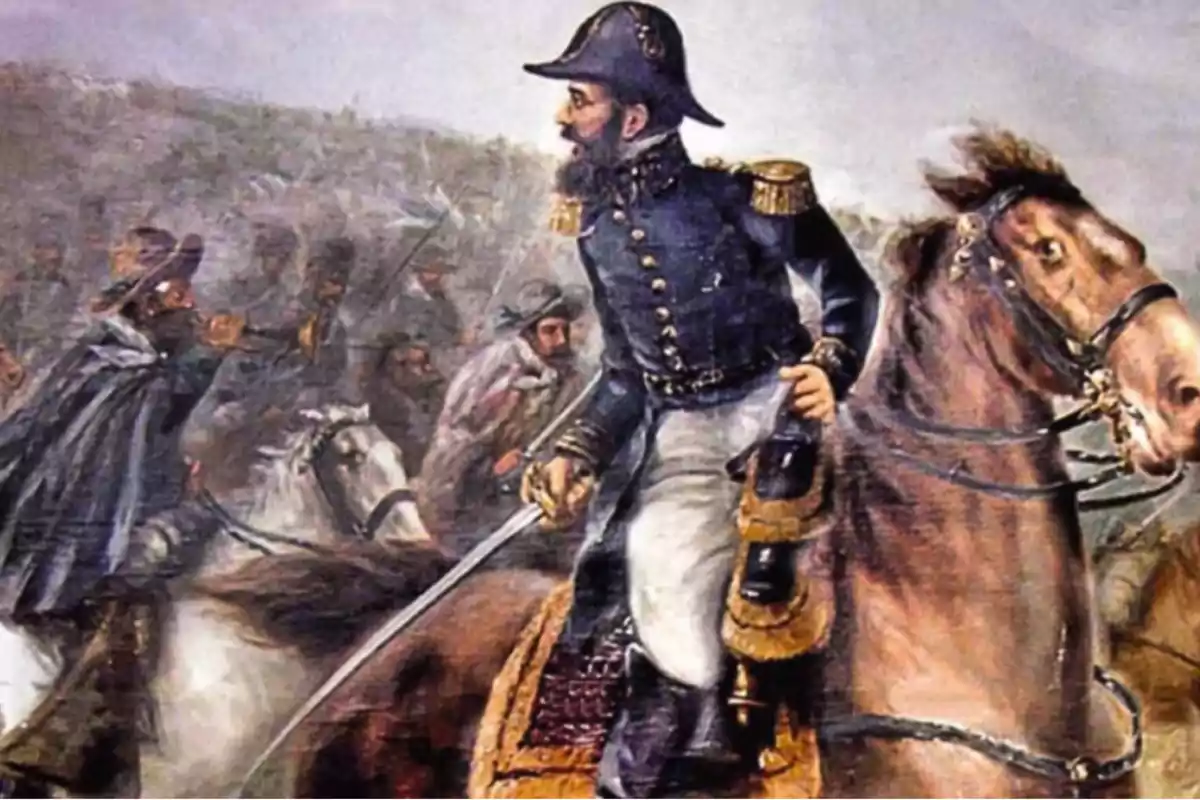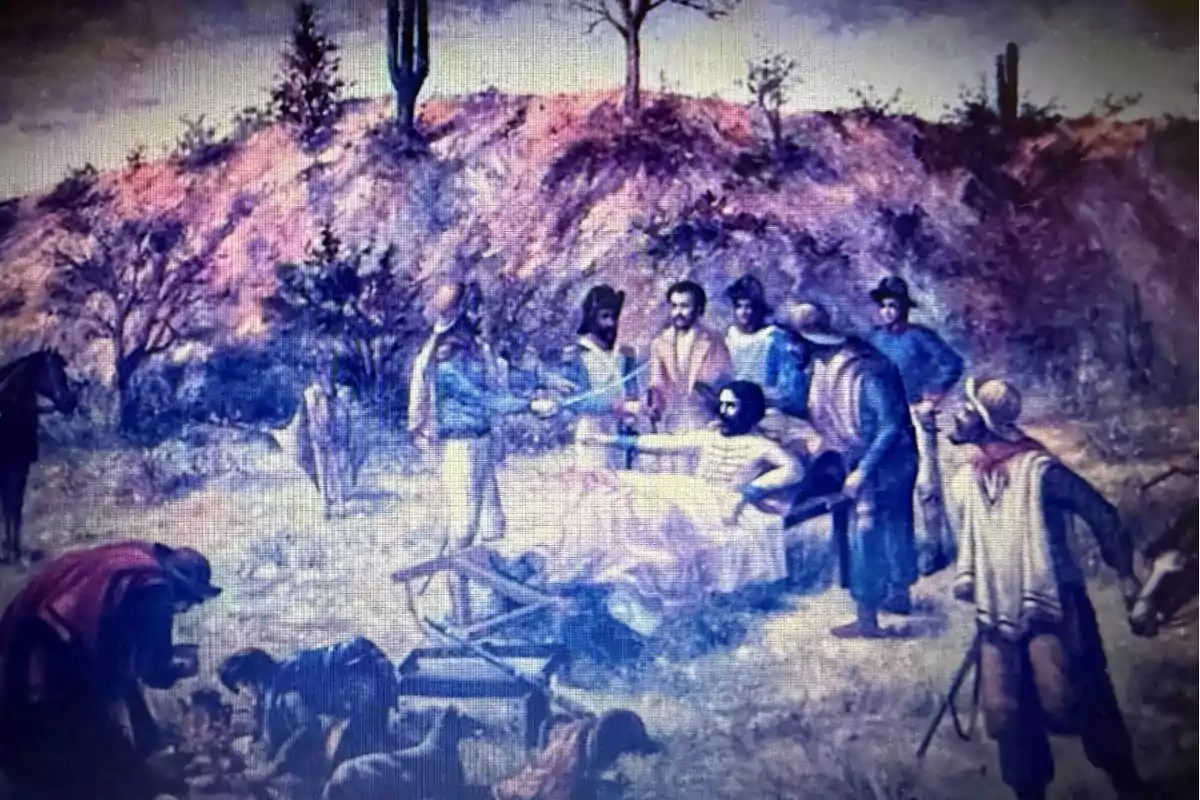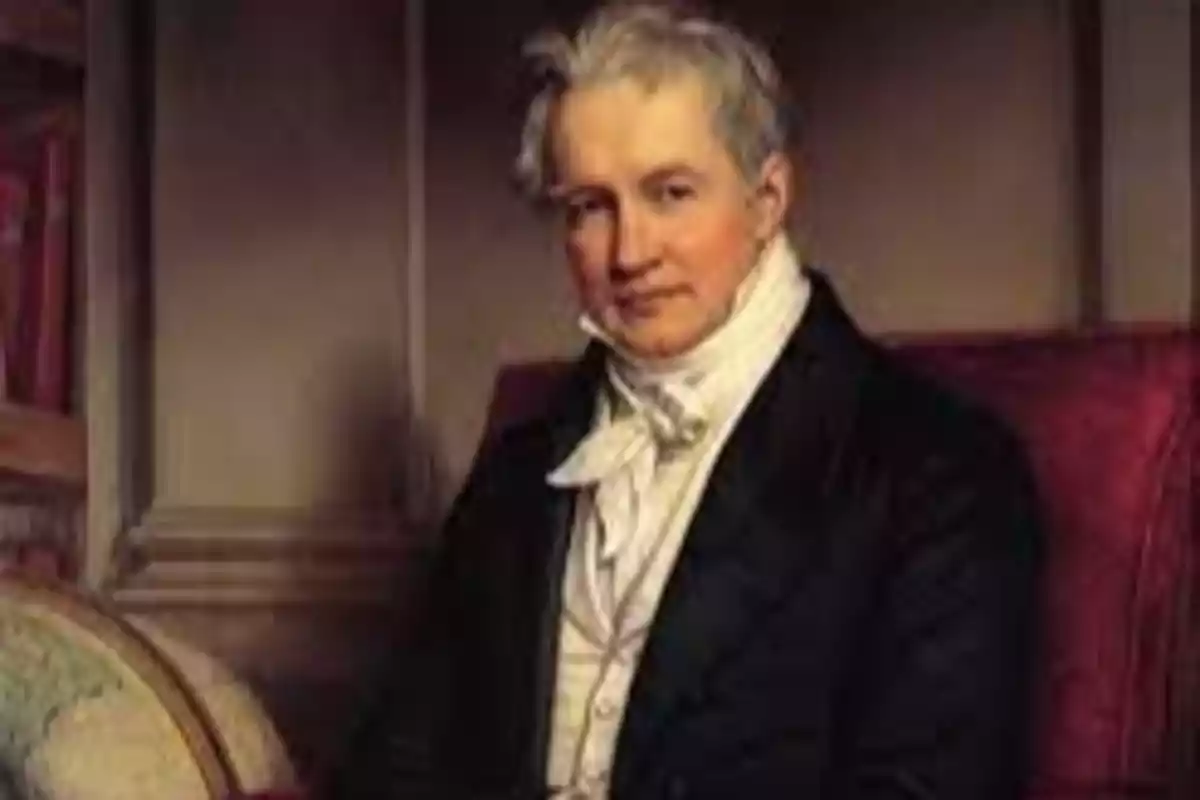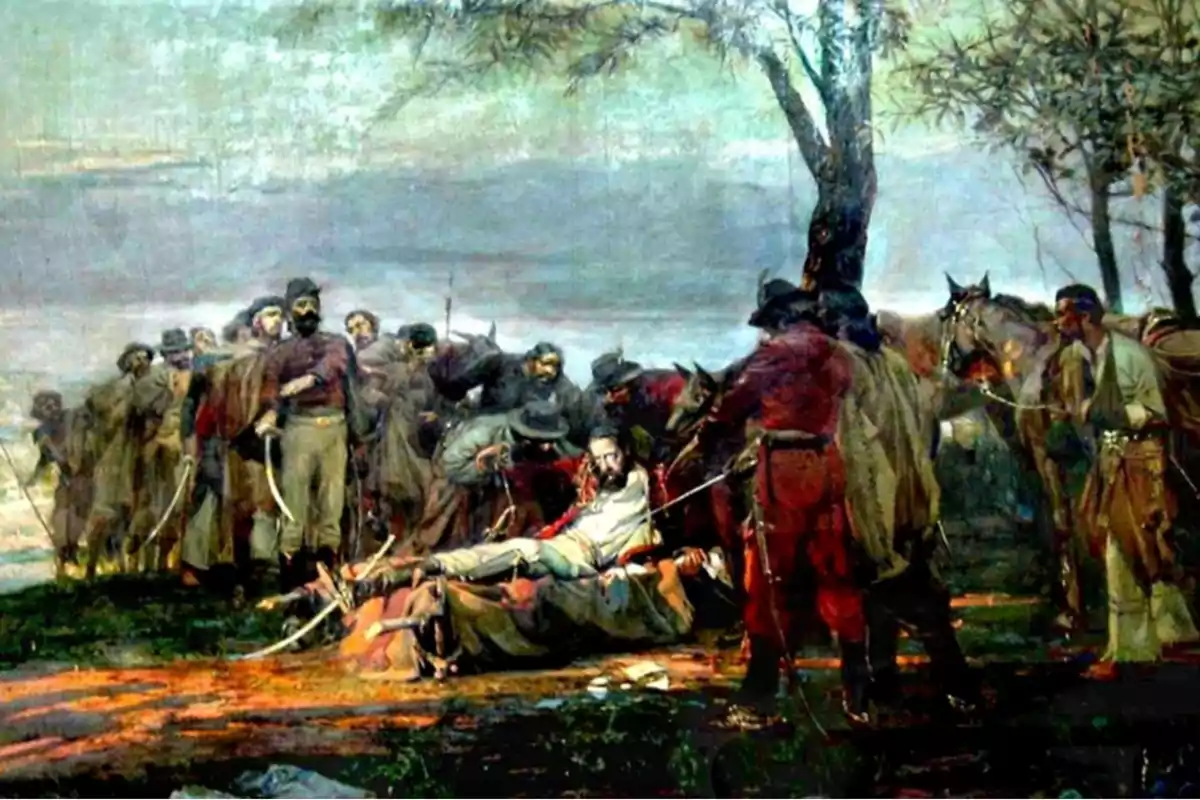
The mysterious death of Güemes: what really happened on the night of June 17, 1821
A gunshot wound, an uncertain diagnosis, and ten days of agony: the truth behind his death
It is well known that Gen. Martín Miguel de Güemes died on June 17, 1821. The circumstances of his death are uncertain, and various versions have emerged as a result of his passing.
The most well-known and widely accepted version is the one provided by Gen. José María Paz, a contemporary of the events, who personally knew Güemes, in his Posthumous Memoirs: "General Güemes was engaged in reorganizing his government and restoring the mechanisms of the machine that had been disrupted just a few days earlier; he worked on this with relentless determination, and one night, in the middle of 1821, he was working with his clerks at his sister's house, Doña Magdalena Güemes.
He was fully alert; his horse was saddled, and he had an escort of fifty men, who, formed up in the street, were resting with their reins in hand. It was well past midnight when, for some matter, he sent an aide (Refojo by surname, if I'm not mistaken), who, in order to carry out the task assigned to him, had to cross the plaza. Upon reaching it, he was challenged with "Who goes there?" and naturally replied, "The Homeland"; then, the patrol that had challenged him fired a volley.
Doña Magdalena Güemes's house is only two or three blocks from the plaza, so the shots were clearly heard. Güemes, as all indications suggest, believed it was an internal movement by his domestic enemies, and mounting up with his escort, he personally headed to the location of the shots; he was less than half a block from the plaza when a second "Who goes there?" interrupted his advance; upon giving the same reply as the aide, another, larger volley was fired, forcing both him and his escort into a hasty retreat; the escort continued their flight down the street ahead, but Güemes, who had fallen behind, likely thinking he could escape the city more quickly and reach the countryside, where he had power and resources, let the others go on and turned down a street to his right, almost alone.
Unfortunately for him, coming down the extension of that street he had just left behind, was an enemy patrol, which fired several shots, one of which struck him from behind. Güemes, though gravely wounded, did not lose his seat, that is, the saddle he used, and allowed the horse to carry him out to the countryside. From there, accompanied by three or four men, he made his way to a very dense forest, ten or twelve leagues from Salta (27 to 32 miles), where he died six or eight days later, with the scant aid those men could provide.
One of them went to find Dr. Antonio Castellanos, who, despite being his personal enemy, is believed to have used all the resources of his art, but could not save him. No one was surprised, because it had (as was generally said) been predicted by his physician and friend, Dr. Redhead. Knowing the humoral depravity of Güemes's physical condition, he had warned him that any wound he received would be fatal.
This explained the habit he constantly followed of staying away from the battlefields; a habit (a rare thing) that did not harm him among the gauchos, because no one thought him lacking in personal courage. Whatever the accuracy of Dr. Redhead's observation, it was widely accepted, and I find it very natural in its effects."

Meanwhile, Gen. Paz explains the situation in the city of Salta on the night Güemes was ambushed by that enemy patrol, to better understand what had happened: "Although General Güemes had occupied the capital, he had not established his government or his offices there. He was camped outside, and if he stayed that night, it was because, needing to dispatch matters, he could perhaps do so more comfortably. All his forces were a league away (2.6 miles), in the opposite direction from which the enemy had come, and even the political prisoners were in the camp. There was, therefore, no guard, no public force, no higher authorities in the city: it was ready to be abandoned, as happened in all invasions."
In line with the circumstances Paz noted regarding the health of the Salta leader, Bartolomé Mitre points out: "General Paz, as all his contemporaries attest, says that Güemes never exposed himself to danger, instead sending his fanatical gauchos, and that this did not diminish the enthusiasm his person inspired in everyone. However, the same general who even denies him personal courage on page 165 of volume 1 of his Memoirs, later explains on page 55 of volume 2 the reason why Güemes always stayed out of range of bullets; and it was because Dr. Redhead (his friend and Belgrano's, and known for a memoir he published on atmospheric air dedicated to the latter) had predicted, knowing the humoral depravity (hemophilia) of Güemes's physical condition, says Paz, that any wound he received would be fatal, as indeed it was, since he died as a result of the only wound he ever received in his life."
Both Paz and Mitre suggest that the Salta leader suffered from some physical condition, which may have been hemophilia or diabetes, that prevented him from exposing himself to the dangers of the struggles, confrontations, and skirmishes that characterized the battles between the gauchos and the royalist forces at the time. Several even accused him of cowardice. In fact, his contemporaries agreed that Güemes avoided risking being hit by bullets; and this precaution was attributed to the fact that Gen. Manuel Belgrano's personal physician, the American Dr. Joseph James Thomas Redhead, had told him that any wound he received would be fatal.

Dr. Rafael Zambrano, analyzing the medical causes that led to the death of the Salta governor, states: "General Martín Güemes died as a result of a gunshot wound that penetrated the left sacrococcygeal-gluteal region, with an exit wound in the right inguinal region, which produced a gangrenous pelvic anatomopathological lesion, which, with the therapeutic means available at the time, was inevitably fatal. The relatively long course of ten days doesn't allow for the acceptance of any contributing cause that would have significantly shortened this process."
That is, according to this physician's analysis, Güemes died, after ten days of agony, as a result of a gangrenous infection produced in the wound he received in his left gluteus.
Zambrano continues: "General Güemes did not suffer from hemophilia. It is known that this is a hereditary disease transmitted through the female line. In Güemes's large family, there is no case of hemophilia.
There is a recorded fact that allows us to rule out the existence of diabetes in the patient. General Güemes retained his mental clarity until very shortly before his death, which indicates that he did not suffer from diabetic coma, which would have occurred as a consequence of the extreme severity of his septic process."

Consequently, from the picture presented by the dying patient, it is medically ruled out that he suffered from either hemophilia (he would have died from bleeding within hours, not after ten days), or diabetes.
The reason for the Salta hero's death was clearly a case of sepsis, which originated from the gunshot wound he received while trying to escape from the royalist patrol that surprised him; and, given the state of medicine at that time (antibiotics and penicillin were unknown), his life could not be saved. What remains shrouded in mystery is what serious health condition may have led doctors to forbid him from facing dangerous situations in battle.
Meanwhile, the always critical and severe General José María Paz concludes by praising General Güemes, with his magnificent prose: "Thus ended this leader, who gave the Spaniards so much trouble, and under whose command the heroic province of Salta was an unassailable stronghold for the entire Republic. Those brave people of Salta, those disunited gauchos, with very little discipline, victoriously resisted the battle-hardened Spanish armies; alone, abandoned to themselves, with no help but their enthusiasm, they fought with indomitable courage, and always forced their proud enemies to vacate the territory they only dominated at the very spot where they physically set foot."
More posts: